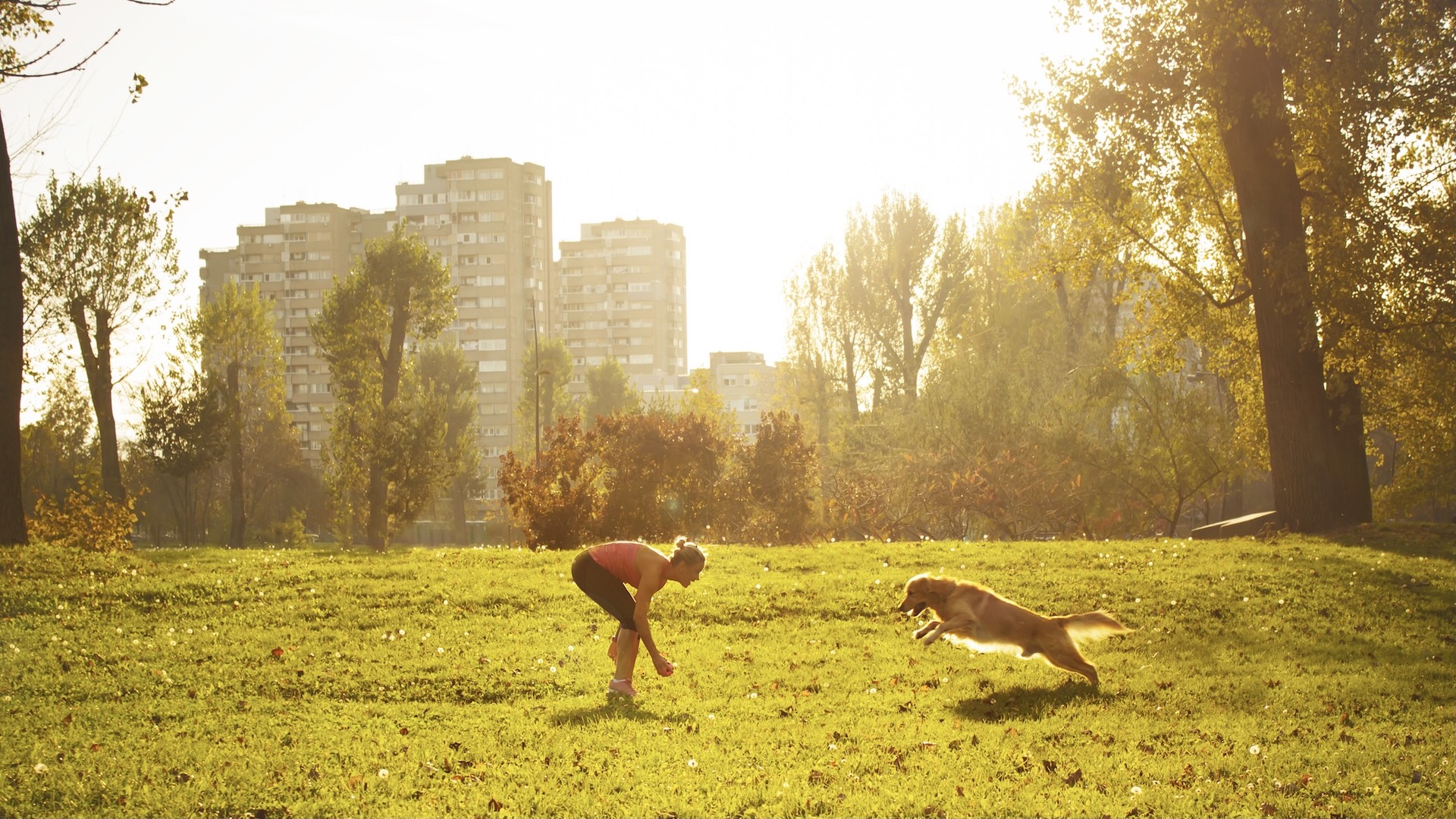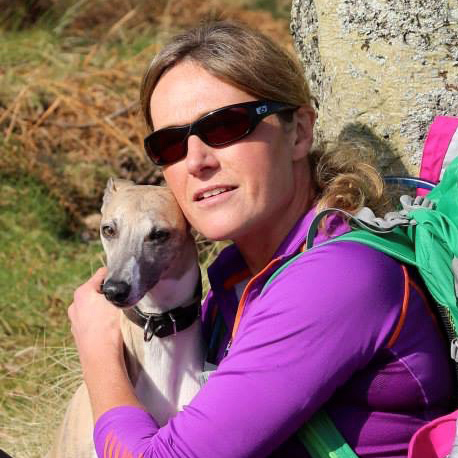Why running rest days are an important part of your training
If you want to become faster or stronger at running, it's vital that you balance training days with recovery time

All the latest inspiration, tips and guides to help you plan your next Advnture!
You are now subscribed
Your newsletter sign-up was successful
When training towards a goal, whether a race or a personal challenge, many runners find it difficult to give themselves time off. It can seem counter-intuitive to put your best trail running shoes to one side and take running rest days.
But to become stronger, fitter and more resilient, rest and recovery is vital . We explore the reasons why running rest days are so important.
Running rest days can help you become a stronger runner
When you run, especially when pushing yourself harder or running for longer, you’ll cause microscopic tears in your muscle fibers. This is a natural consequence of training and nothing to worry about.
Then, when you subsequently rest, the body works to rebuild the tears in the muscles and this is how you become stronger.
If you don’t have running rest days, the body can’t properly recover and the muscles continue to break down.
How much time you need to recover will depend on how hard you have working in your previous running session, as well as age and general fitness levels. However, it’s likely that you’ll need at least a full day off if not two days, although the second day could include lighter exercise.

Running rest days can help you avoid injury
The more you push your body, including muscles, ligaments and joints, without rest, the greater your chance of injury. Stress fractures. for example, are an injury that is much more likely if you don’t take rest days. Bone tissue can be affected, just like muscles, if you don’t take time to rest.
All the latest inspiration, tips and guides to help you plan your next Advnture!
As we age, the chances of injury for runners increases because muscles, joints and ligaments take longer to recover. This is especially true for women during peri-menopause and menopause and post-menopause. (You might like to find out more about the tips for running through the menopause.)
Taking time to rest is important for runners who want to avoid wear and tear that causes injuries. The rest period might include time to work on releasing your IT band, for example.
Running rest days to focus on strength and conditioning
While running is great for fitness, it’s important to balance it with other forms of exercise, including strength and conditioning, as well as stretch and flexibility.
Taking rest days as a runner allows you to schedule other types of exercise sessions, such as following a strength programme or attending yoga sessions.
Improving your strength and flexibility as a runner will help you to combat fatigue and stress injuries as well.

Running rest days can give your brain a break, too
Exercise, including running, is meant to be good for mental well-being, as well as physical health. However, if you are always pushing yourself in your running, it can mean that you do not gain the full benefits of the mental health side of exercise.
If you take running rest days – or easier training days – you’ll be able focus on the more mindful side of being outdoors and amid nature.
Running rest days allow you to spend time with loved ones
If you are a keen runner, the chances are your partner, family or friends will have told you they never see you. This is especially true if you are focusing on an ultra running race, where you need to spend many hours training.
Taking rest days allows you to set dates with your loved ones – and gives you the chance to switch off from the intensity of a running programme.
You’ll understand now why rest days are important for runners. For the best performance, whether you are training for an event or simply keen to improve your speed or pace for your personal satisfaction, requires training sessions, as well as rest and recovery time.

Fiona Russell is a widely published adventure journalist and blogger, better known as Fiona Outdoors. She is based in Scotland and is an all-round outdoors enthusiast with favorite activities including trail running, mountain walking, mountain biking, road cycling, triathlon and skiing (both downhill and backcountry). Aside from her own adventures, Fiona's biggest aim is to inspire others to enjoy getting outside and exploring, especially through her writing. She is also rarely seen without a running skort! Find out more at Fiona Outdoors.
